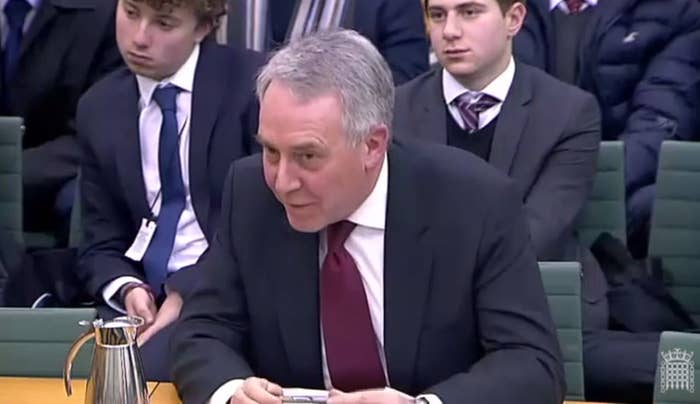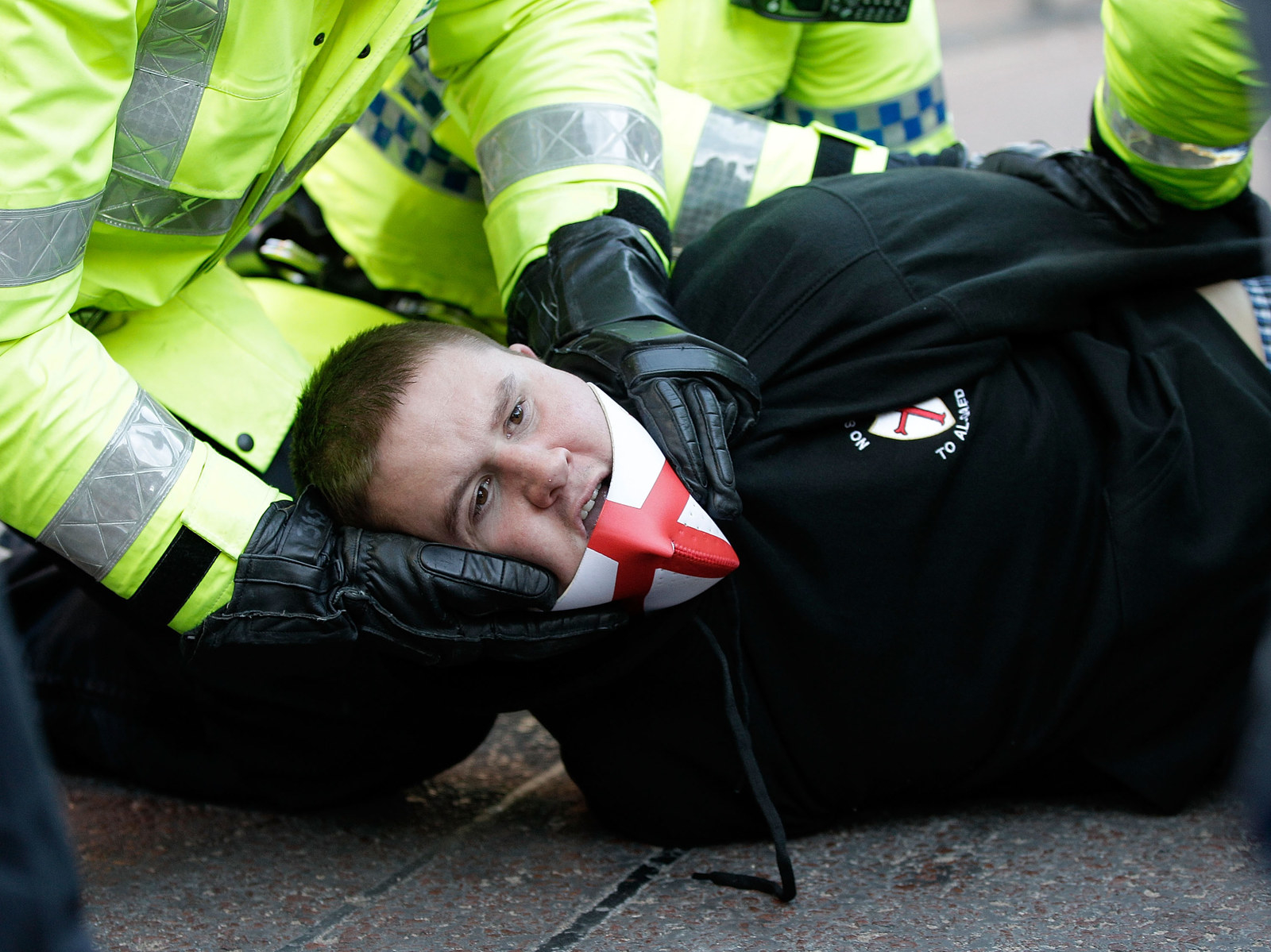
Britain's leading terror law expert has called for reforms to the government's Prevent counter-extremism programme, saying it was "frustrating" to see it falling at the point of delivery and warning that it had led to Muslim communities feeling targeted.
David Anderson QC, the top independent reviewer of terrorism legislation, said in an interview with BBC Radio 4's Today programme on Thursday: "There is a strong feeling in Muslim communities that I visit that Prevent is, if not a spying programme, then at least a programme that is targeted on them."
He said the scheme has led some Muslims to feel targeted simply for practising their faith: "In some cases it is even felt that it is targeted not just at Islamists and terrorism or extremism, but at the practice of Islam. People who pray or wear the veil, for example, are sometimes felt to be under suspicion."

Anderson, who has been in the role since 2011, said that although fears of the Prevent programme were "exaggerated" and not what the scheme was meant to be about, "the fact is, they are very real".
His comments add to growing pressure on the government about Prevent: Andy Burnham, the shadow home secretary, has said Prevent had become a "toxic" brand, while the Liberal Democrats recently voted at its conference to scrap what they called a "counter-productive" strategy.
Anderson said: "So it is frustrating for me to see a programme whose ideals are so obviously good falling down on the delivery to the point it is not trusted in the community where it principally applies," and highlighted that 15% of counter-extremism interventions related to the extreme right.

Lena Mohamed, a spokeswoman from advocacy group the Islamic Human Rights Commission, told BuzzFeed News: "This fear is palpable when, for example, Muslim parents avoid watching the news in the event their children express knowledge of global politics (particularly of the Middle East) outside of the home and be labelled a potential extremist as a result."
Anderson urged the government to consider reforms: "At the end of the day, the unhappiness is real, the suspicion in communities is real, and it seems to me the government needs to do something about that."
He stopped short, however, of calling for Prevent to be scrapped. "I think before calling for the removal of the programme one needs to reflect a bit on what would come in its place," he said, adding that there was a very serious risk of Islamist extremism in the UK and he did not think the solution was to repeal the scheme.

Anderson, who earlier this year announced plans to step down from the post in 2017, recommended three changes.
He called for transparency with regards to data that is held and the underlying research behind the scheme that may determine the metrics for success. Last week 140 academics signed a letter urging for the publication of the framework used as the basis for assessing risk of “radicalisation”, following a statement by the Royal College of Psychiatrists that said the UK’s Extremism Risk Guidance 22+ should be made "readily accessible".
"Secondly," he said, "we need somebody or some group of people completely independent of the programme who can get in there, read the secrets, talk to everybody, and report to parliament and the public how it's working."
Third, he said, there had to be better engagement from government with the range of Muslim communities in the country.
"It's extraordinary for me that there is no dialogue, for example, between the government and the Muslim Council of Britain [MCB]," he said, referring to the Muslim umbrella organisation with 500 affiliates across the country.
Harun Khan, the MCB's recently appointed secretary general, told BuzzFeed News in the summer he had not yet had any communication with the government and had been left wondering if disengagement was an official policy.
In a statement to BuzzFeed News today, the MCB said: "We hope that the government will listen, engage and take on board the critiques from many sections of society – only through engagement can there be true community buy-in and an effective strategy to keep us all safe and secure from the real scourge of terrorism."
Anderson said although Prevent may be effective, "people need to know that and need to believe that".
"[It] means the government has to be more open about what it's doing, and it has to subject itself to some independent scrutiny that can judge whether it's effective or whether it isn't," he added.
Almost 4,000 people were referred via Channel, a key part of the Prevent strategy, last year, according to figures published by the National Police Chiefs' Council under the Freedom of Information Act.
According to government documents, Prevent priority areas up and down the country were increased from 30 to 46 in June 2015.
Councils have had a greater role to play since the new Prevent duty for local
authorities contained within the Counter Terrorism and Security Act 2015, and even taxi drivers in West Yorkshire have received Prevent training.
In her speech in Birmingham this week, home secretary Amber Rudd announced she would be publishing the next phase of the UK counter-terrorism strategy later this year.
The government is currently reviewing Contest, its strategy for countering terrorism, and will publish an updated version later this year.
